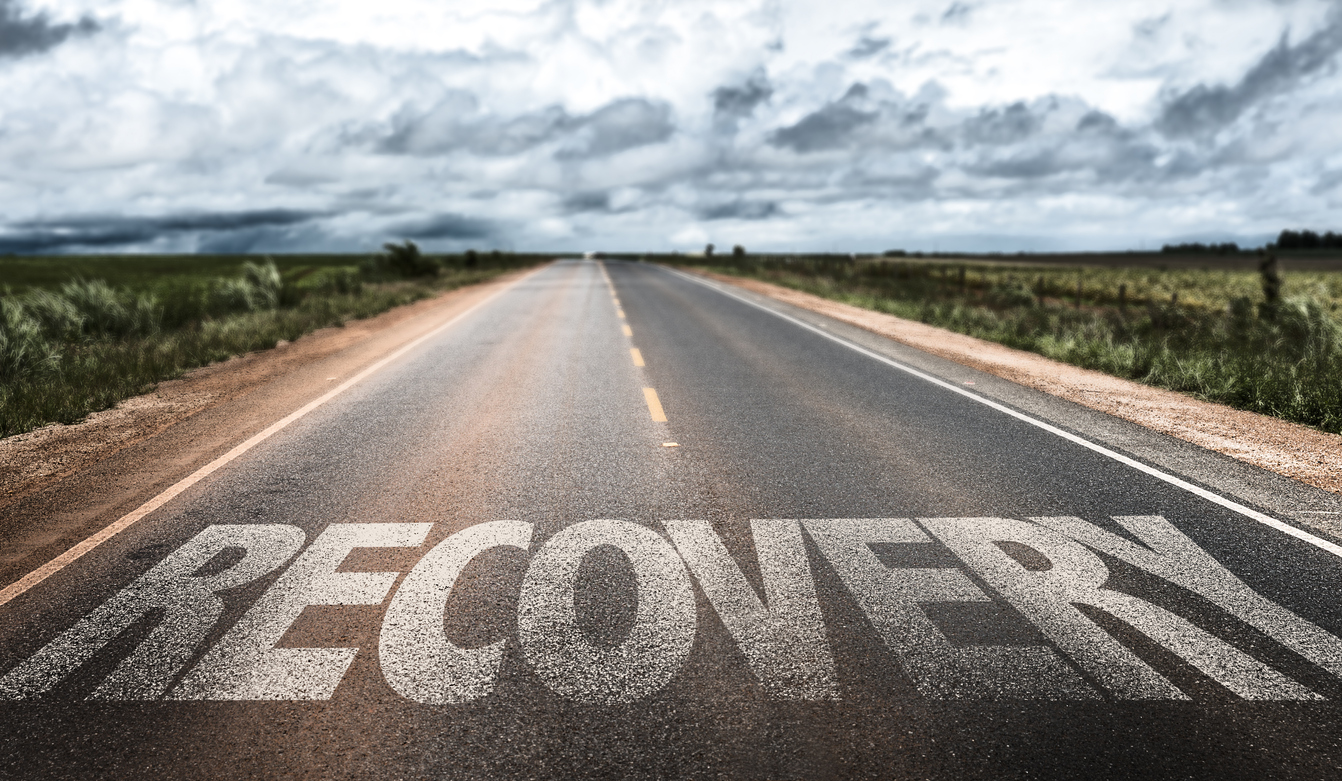Take these five steps for your journey toward sobriety.
When you think about embarking on a substance use recovery journey, it may be scary and feel like hard work. The recovery journey is both scary and hard work. Transitioning from a life of substance use to recovery and sobriety isn’t easy. It requires dedication, mindfulness, and accountability. It takes complete focus and commitment to completely change your way of life.
The transition from a harmful lifestyle to a healthy one isn’t easy. The transition presents challenges going from a life plagued by an addiction to recovery and freedom. Although it’s the kind of change that is desired, it’s not an easy one to achieve.
The transition from addiction to recovery is a personal journey, no two people follow an identical path. Although unique, everyone’s transition has similarities that usually include:
- Awareness and acknowledgement usually mark the first stage of the recovery journey. The awareness usually comes when the addiction causes problems with health, finances, work, and family. Awareness is critical to paves the transition from denying there is a problem to the willingness to make a change
.
- The second stage along the recovery journey involves a shift from awareness to action. It is when the addict chooses the path from addiction to recovery and begins to consider the feelings of friends and family, instead of only thinking of themselves. Though not actively moving in the direction of recovery, consideration of sobriety and what that means to them naturally follows awareness.
- Just past denial is the curiosity and motivation to take steps toward sobriety. During the exploration stage, the addict begins to discover what it might mean to live a sober life. This stage is often when the addict makes the decision to get help.
- The time spent in early recovery has both great significance and great risk. This stage is where the addicts leave behind the people, activities, and behavior that they associate with the life they led when they used. In early recovery, addicts are the most vulnerable to relapse. The most important aspect of this early recovery stage is to develop new skills, healthy habits, and the support of rebuilding previously damaged relationships.
- In the active recovery stage, addicts have done quite a lot of work and have made great progress toward their life of sobriety. Most important, they have experienced enough sober life to know what it takes to maintain their recovery. At this stage in transition there is a constant need for mindfulness around thoughts, triggers, and behaviors that might lead to relapse. Active recovery provides the space for practicing new skills, building and maintaining relationships and overcoming temptation.
Although recovery is never easy, the journey leads to a life that they could only imagine before. The transition from abuse to recovery is a complete transformation of mind, body, and spirit.













